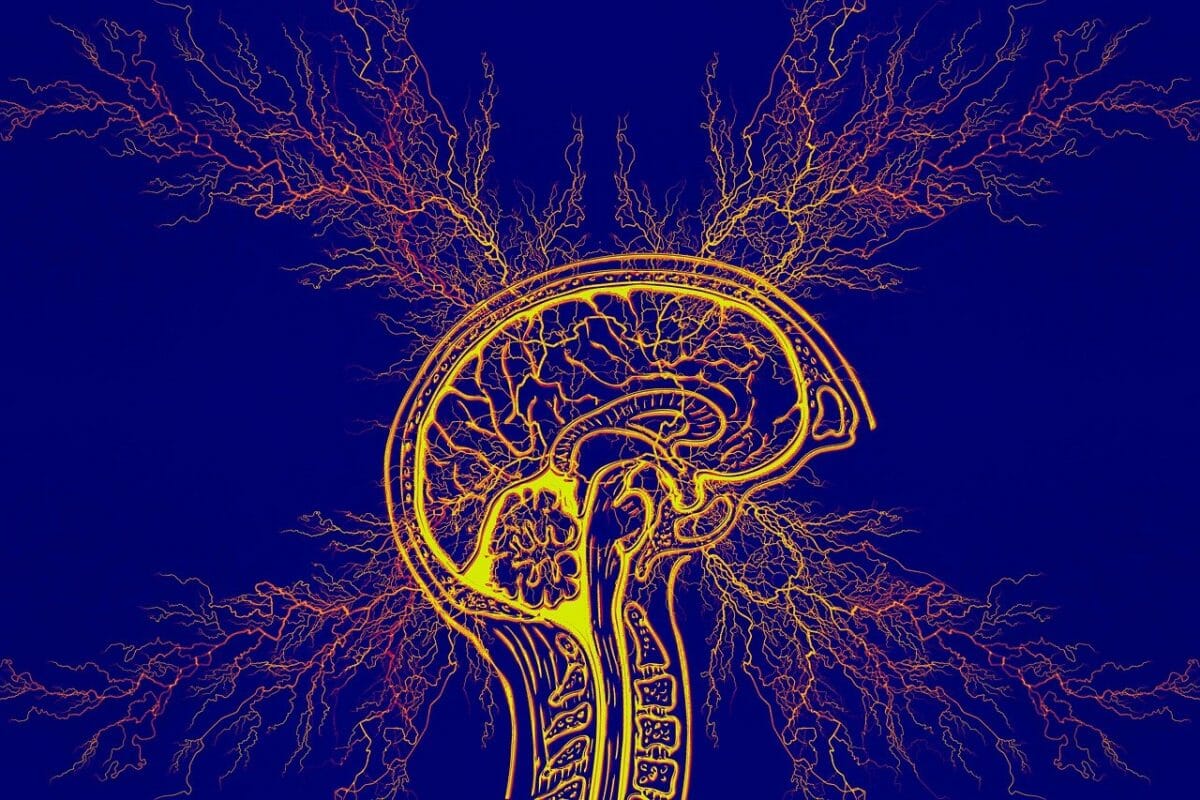Attention Deficit Hyperactivity Disorder, also known as ADHD, is a common mental disorder that can cause problems with focus, hyperactivity, and impulsiveness. It affects both children and adults, and it is estimated that around 5% of the population has this condition. While there is no cure for ADHD, there are treatments available that can help manage the symptoms. One of the most popular treatments for ADHD is Adderall, a prescription medication that contains amphetamine and dextroamphetamine. However, some people are looking for alternative treatment options due to the side effects associated with Adderall use. So, the question is – Are there any natural alternatives to Adderall? In this blog post, we will explore some of the options available to those looking for an alternative to Adderall.
What is Adderall?
Adderall is a prescription medication that is used to treat attention-deficit hyperactivity disorder (ADHD) and narcolepsy. It contains a combination of amphetamine and dextroamphetamine salts, which work by increasing the amount of dopamine in the brain. This increases focus and reduces impulsiveness and hyperactivity in people with ADHD. Adderall is also sometimes used to increase productivity or heighten energy levels in people without ADHD.
However, there are a number of potential side effects associated with Adderall use, including insomnia, anxiety, weight loss, and heart problems.
Because of this, some people may be looking for natural alternatives to Adderall for treating their ADHD symptoms.
Are There Any Alternatives to Adderall?
There are a number of natural alternatives to Adderall available for those looking for an alternative to prescription medication. Some of the most popular options include Noocube, Vyvamind, Mind Lab Pro, and Hunter Focus, all of which are known to boost focus and concentration and help improve ADHD symptoms. These alternatives to Adderall typically contain a blend of powerful nootropics, which are cognitive enhancers that can have positive effects on focus, memory, and attention. While each of these alternatives has been shown to be effective for some people with ADHD, it is important to discuss them with a healthcare professional before starting any new treatment.
Besides these medications, there are also some other alternatives which include Omega-3 fatty acids and herbal remedies. Omega-3 fatty acids are a type of essential fatty acid that is found in fish oil and other animal products. Studies have shown that omega-3 fatty acids can help improve ADHD symptoms in children and adults. In addition, there are a number of herbal remedies that have been traditionally used to treat ADHD symptoms, including herbs such as ginkgo biloba, passionflower, and chamomile.
There are also a number of dietary and lifestyle changes that can help improve ADHD symptoms, including reducing sugar intake, getting enough exercise, and practicing mindfulness meditation.
What Else Can You Do To Manage Your Symptoms?
In addition to taking medication or trying natural alternatives, there are a number of other things you can do to help manage your ADHD symptoms. Some of the most effective strategies include:
- Creating a routine and sticking to it as much as possible. This can help you stay organized and on track.
- Breaking down tasks into smaller, more manageable pieces. This can help you stay focused and avoid getting overwhelmed.
- Practicing meditation or mindfulness. This can help you focus your thoughts and improve your concentration.
- Getting enough exercise. Exercise has been shown to be beneficial for people with ADHD. It can help improve symptoms such as impulsiveness and hyperactivity.
- Avoiding sugary and processed foods. Eating a healthy diet can help improve symptoms of ADHD.
What is the Bottom Line?
If you are looking for an alternative to Adderall, there are a number of options available. Some of the most popular alternatives include nootropics and omega-3 fatty acids. These alternatives can be effective for some people with ADHD, but it is important to discuss them with a healthcare professional before starting any new treatment. In addition to taking medication or trying natural alternatives, there are a number of other things you can do to help manage your ADHD symptoms, such as creating a routine, breaking down tasks into smaller pieces, and getting enough exercise.
There are many natural alternatives to Adderall for treating symptoms of ADHD. Some people find that supplements such as omega-3 fatty acids help them manage their ADHD symptoms. Others find relief through dietary changes, like eliminating processed foods and sugar from their diets. Some people even find success with complementary treatments like mindfulness meditation or yoga. If you’re looking for a more holistic approach to managing your ADHD symptoms, be sure to explore all of your options before deciding on a treatment plan. What has worked best for you?



